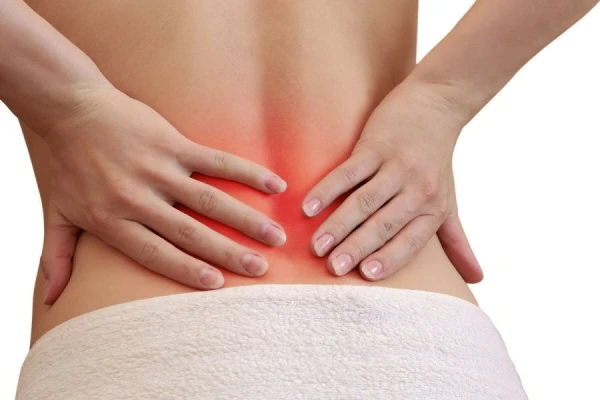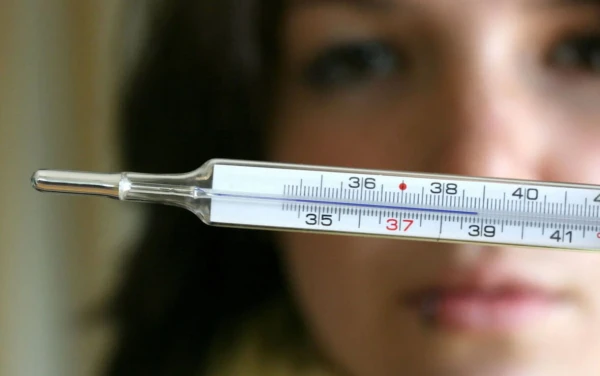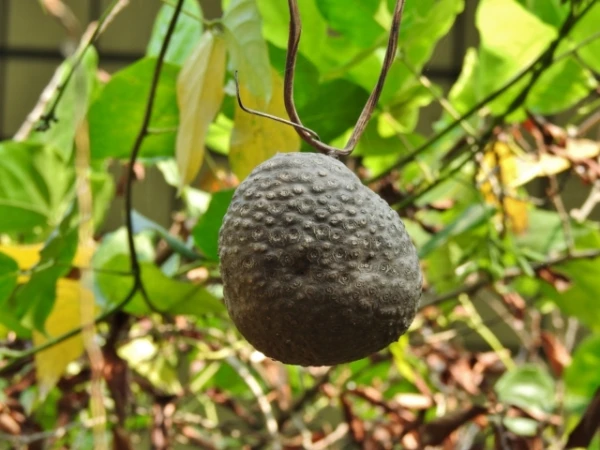
Limiting sugar in the diet is a necessity, not a trendy fad.
Many Ukrainians believe that replacing sugar with honey or sweeteners makes their diet healthy. But is it really beneficial for the body? In an interview with RBC-Ukraine, dietitian and professor Oleg Shvets explained the hidden dangers lurking in most modern sugar substitutes and even in honey.
Sugar: the main enemy of weight and teeth
The dietitian notes two key negative consequences of excessive sugar consumption.
First, it is body weight. The body easily converts excess sweetness into fat reserves.
Second, it is the risk of cavities. People who regularly consume a lot of sweets experience this common problem significantly more often.
Therefore, limiting sugar in the diet is a necessity, not a trendy fad. But is there an alternative?
Honey is not a panacea
People often think that honey is a "healthy" substitute for sugar. But, according to the specialist, this is a misconception.
"Replacing sugar with honey does not provide any benefits because it is essentially the same as regular sugar," he says.
In terms of chemical structure and impact on the calorie content of the diet, these products are almost identical. Although honey contains a small amount of vitamins, its advantages are offset by the high levels of glucose and fructose.
However, during the cold season, honey does remain popular - with tea, lemon, or simply "for immunity." But, as the dietitian notes, the benefits of honey do not outweigh the risks of its excess.
What’s wrong with sugar substitutes
The situation is even worse with artificial sweeteners, which have gained immense popularity. Although they contain fewer calories, their impact on the body can be unfavorable.
Shvets highlights two critical risks. First, artificial substitutes have adverse effects on the gut microbiome.
Second, the specialist states that new research provides data indicating that most artificial sweeteners negatively affect brain function.
These are significant arguments to think twice before purchasing products labeled "sugar-free."
An exception may be stevia - a natural substitute from the stevia plant. However, even here, according to the expert, further research is needed to draw definitive conclusions about its safety with long-term use.
How much sugar can you eat?
Even if you love sweets, you should not completely give them up. When it comes to the recommended amount of sugar (including honey), 25 grams will not harm you, so you shouldn't completely eliminate it if you can control that amount.
If you drink tea with honey during the cold season, you should remember that this is calories. But within the recommended 25 g, you can afford it (25 g of sugar is approximately one heaping tablespoon of sugar or 5 teaspoons of sugar without a heap, according to WHO recommendations).
The professor adds that while he knows people who have completely eliminated sugar, and that’s not bad, it doesn’t mean they became absolutely healthy just because of that. Healthy eating is a comprehensive approach, not just the exclusion of one food group.












